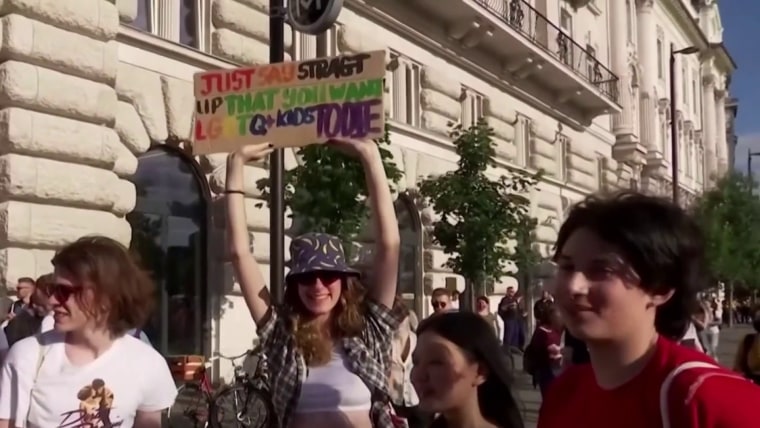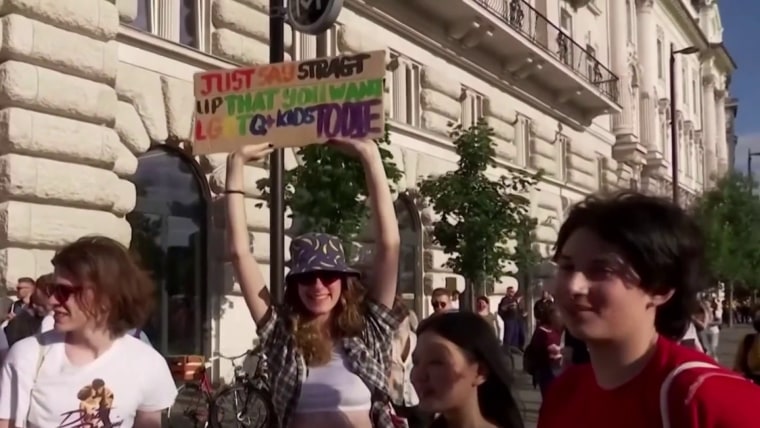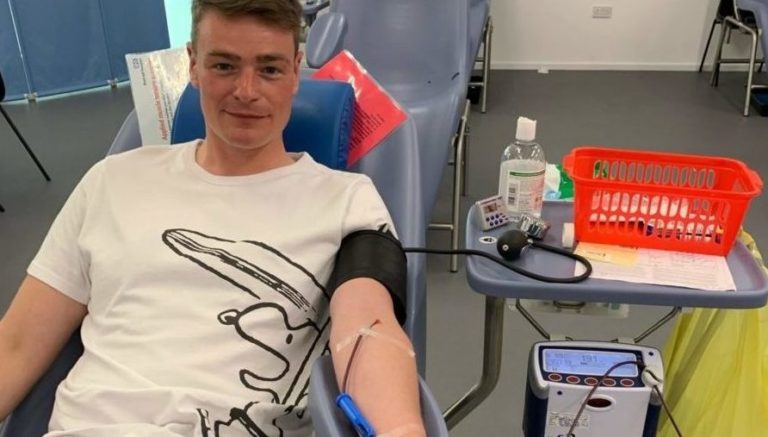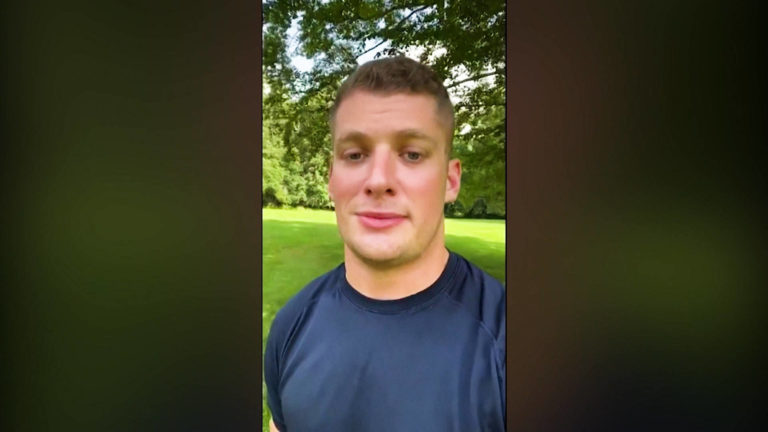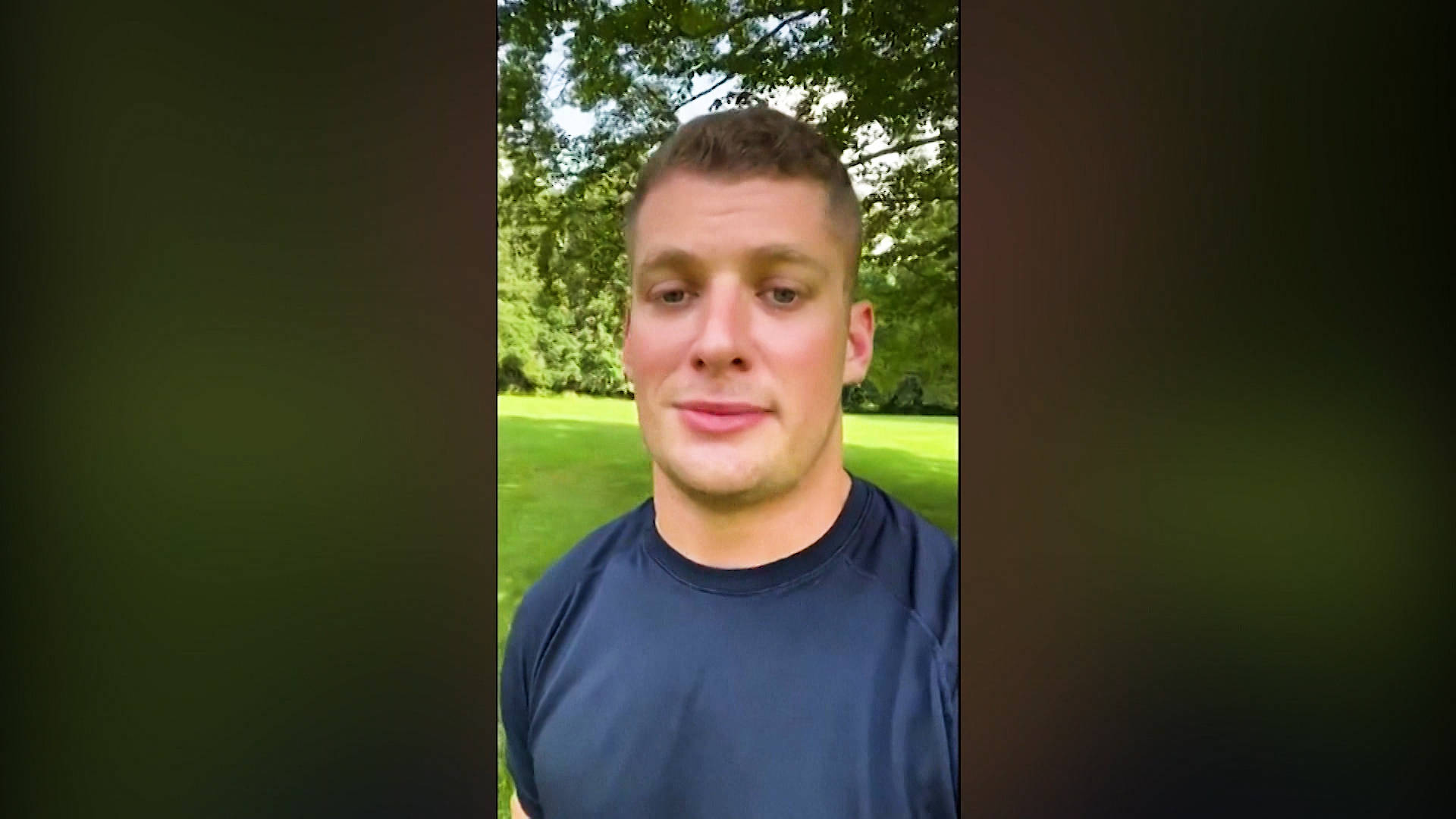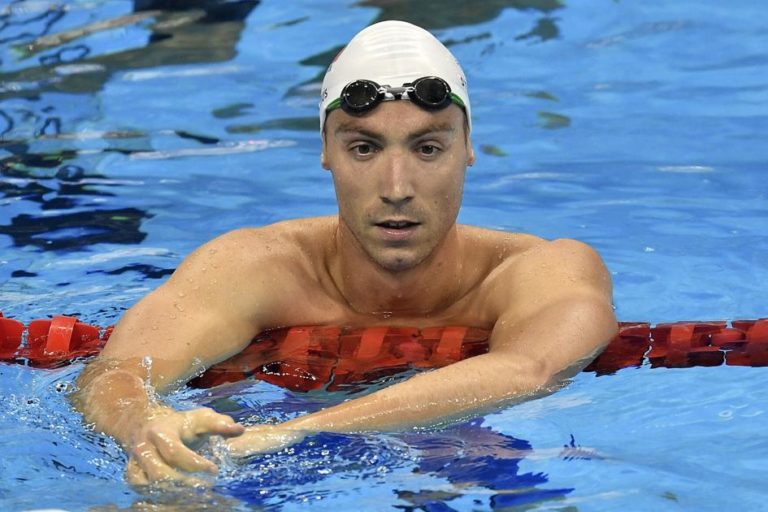The simple question at the heart of Hot White Heist, a new scripted podcast, is this: How far would you go to change the world? Furthermore, what if doing so involved Ronald Reagan’s sperm? I’ve often thought about the former and never really pondered the latter, but thanks to creator and writer Adam Goldman, I unfortunately now cannot untangle the two.
Goldman’s breezy six-episode podcast raises the stakes of the phrase “be gay, do crimes” and the heist genre to campy new heights by putting its protagonist Jude (Bowen Yang) in a peculiar situation. Jude, who goes by Judy, is a slightly struggling (though he won’t admit it) tarot card reader who’s barely making ends meet in New York City when he’s presented with a seemingly impossible task that comes with an enormous payout: stealing highly guarded frozen sperm samples from some of the most prolific men in American history.
Hot White Heist asks if you would risk it all for one shot, literally and figuratively, at astronomic, world-changing wealth.
The sacred MacGuffin at the center of the series is, no doubt, designed to spark laughter and some winking, groan-inducing puns. But, thankfully, Hot White Heist doesn’t rely on the joke too much.
:no_upscale()/cdn.vox-cdn.com/uploads/chorus_asset/file/22673966/Audible_Original_Hot_White_Heist_HiRes_Cover_Art.jpg)
That’s in large part due to the depth and richness of the podcast’s larger story. Goldman and his brilliant cast, which includes Yang, Tony Kushner, Cynthia Nixon, Abbi Jacobson, Margaret Cho, MJ Rodriguez, and Bianca Del Rio, among others — Goldman has brought together the Avengers of LGBTQ performers — tell a tale that’s as much about family and the bonds LGBTQ people create as it is about the thrill of heists.
In order to pull off his sperm-stealing quest, Judy is going to need to find some people. They have to be skilled, and they have to be trustworthy. After all, you can’t just have a laissez-faire attitude when it comes to stealing highly coveted American sperm. In Judy’s case, the people he trusts most with this heist and with his life are part of the queer family he’s built.
As Hot White Heist goes on, the giggle-inducing punchline of what Judy and his cohort are stealing melts away, and the podcast ultimately becomes about people, queer people in particular, and their power to do the impossible.
The podcast embraces the queer anarchist phrase “be gay, do crimes” not just as a dare but as a power fantasy. The story centers on Judy, who lives day-to-day. He makes just enough money doing tarot readings and cleaving unwitting tourists away from their cash. But it surely seems like he’s not fulfilling his potential. That is, until his estranged aunt, Kate (Nixon), re-enters his life with a proposal.
Kate, to anyone who isn’t Kate, may be part of a slightly loony cult that’s looking to expand its power by procuring a private island called New Lesbos. Kate, to Kate, is part of a lesbian isolationist movement that has been given an opportunity of a lifetime to create a utopia.
Mileage may vary about how much sense Kate is making.
It turns out her cult — ahem, isolationist group — has caught the attention of some Russians who are offering wild amounts of money, money that could buy a private island and more, in exchange for semen samples. The samples, as Kate dutifully explains to Judy, are in a government-run, ultra-secure sperm bank called the United States Seed Registry (the USSR) whose facilities are housed in the basement of the Seattle Space Needle.
For some reason, Kate fully believes that her estranged tarot card–reading nephew is the perfect person for the job (though this belief might be rooted in Kate’s lack of human connections, as the lesbian isolationism has worked perhaps too well).
Cynthia Nixon’s voice-acting, combined with a score that evokes The Incredibles, is an excellent introduction to the gambit. There’s something dashing and thrilling about the way Goldman’s script rolls off her tongue. I’ve never really thought about Nixon’s voice that much, but I now know she has a knack for describing highly classified government plans with stoic clarity.
Yang is also excellent as Judy, whose sense of family is what compels him to take on the job.
Kate was the first LGBTQ person Judy knew, and even though she stepped out of his life to join another family — her cult — her belief in him and the relationship they built makes him want to do this impossible thing for her. It’s an unspoken bond that you don’t need to be queer to understand, but that’s amplified and hits close to home if you are.
And Kate isn’t the only person Judy has this kind of bond with.
To nail the heist, Judy begins assembling a ragtag posse of old friends, former flings, and one complete stranger with whom he has only a single trait in common: They’re both queer. The result is a range of moments like Judy’s recruitment of Toby (Del Rio) — a drag queen and master of disguise — that reveal to us not just who Toby is but what kind of relationship the two have and how deep it runs.
My favorite thing about Hot White Heist isn’t its hilarious wit or campy premise, but the way it explains queer friendships through its larger-than-life allegory.
The world, though getting better, can still be very hostile to LGBTQ people; sometimes it’s only fellow LGBTQ people who can fully grasp what that loneliness feels like. It’s almost like a language that only we know. Finding your tribe, your people, your friends are key to surviving.
In its own way, Hot White Heist proposes that all heist movies and stories are, at their core, queer stories. Think about it: You have one person who’s been tasked with an impossible mission. That person has to build a team of individuals that may be absolutely different from them but will come together under the same cause; every member of the team has their own skills that they’ve spent their whole lives sharpening; and this glorious crime gang is bigger than the sum of its parts. None of these folks could have ever fulfilled the mission alone.
Ergo, heist stories are, at their core, very gay. And as Hot White Heist posits, if you and your friends have survived whatever this world has thrown at you, procuring Ronald Reagan’s frozen semen is nothing.
All six episodes of Hot White Heist are streaming on Audible.
For more recommendations from the world of culture, check out the One Good Thing archives.

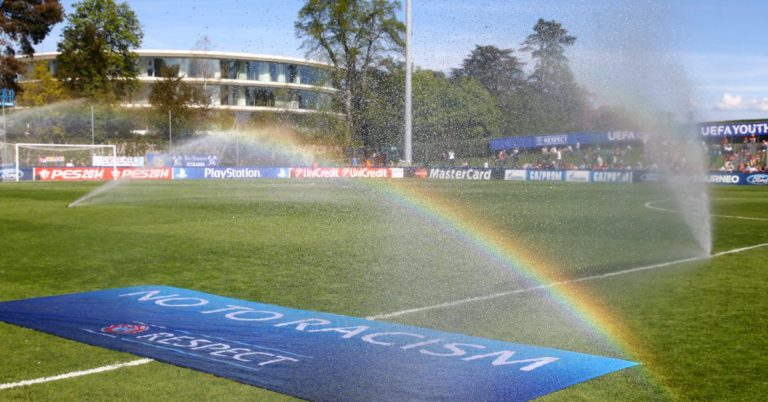

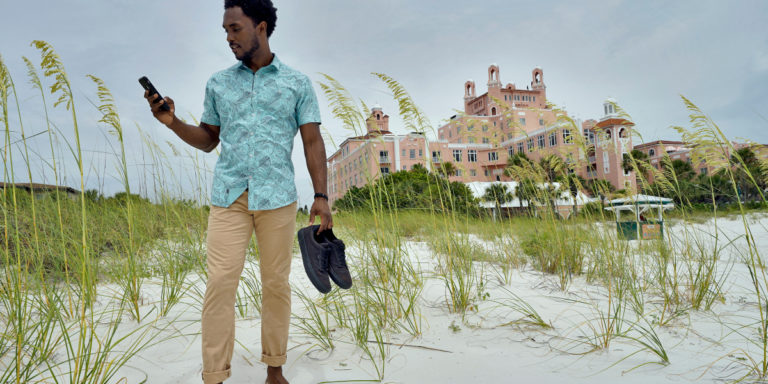



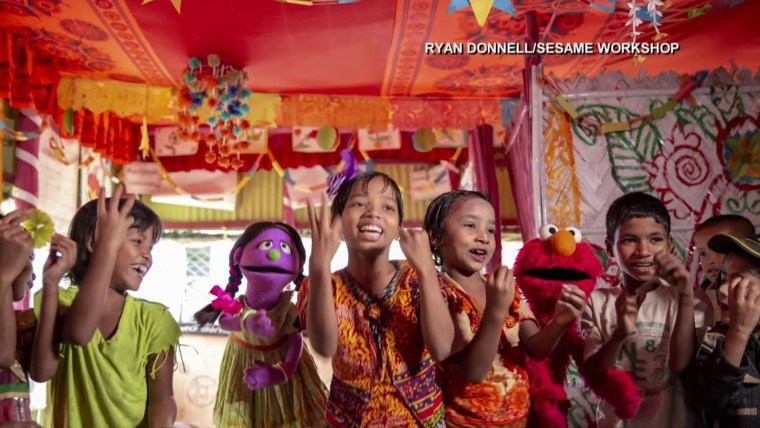
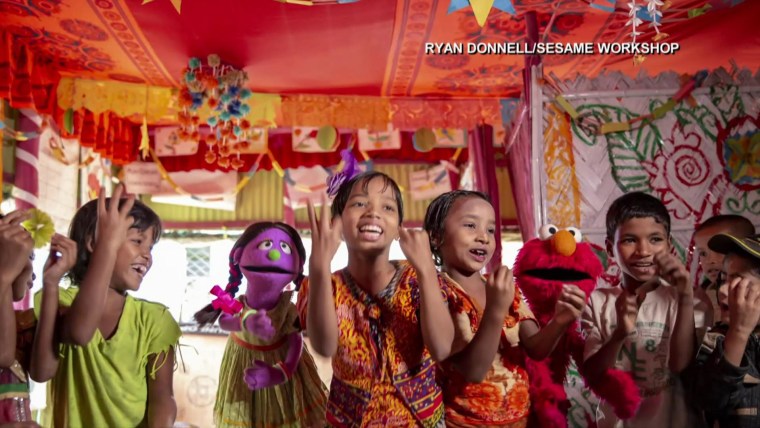
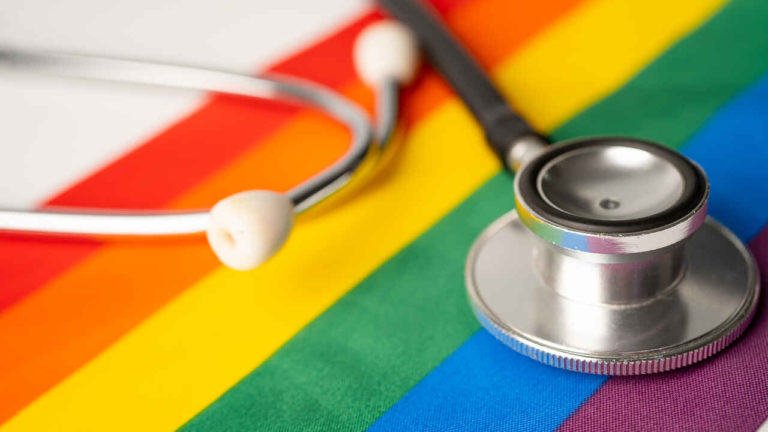

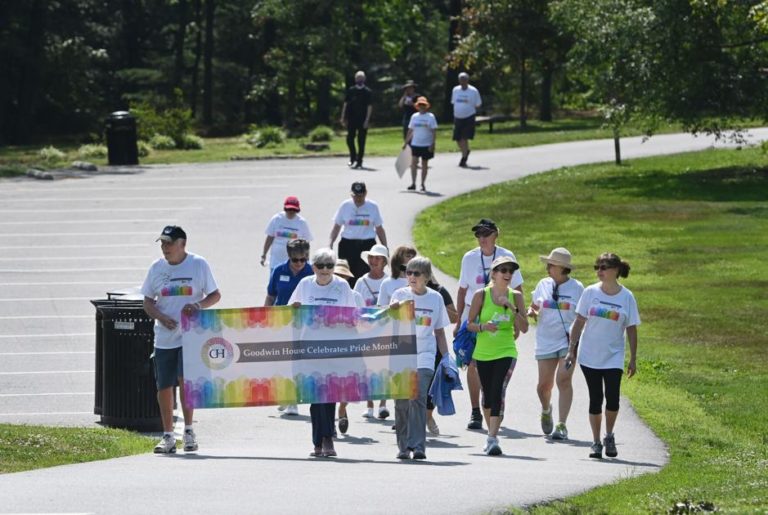
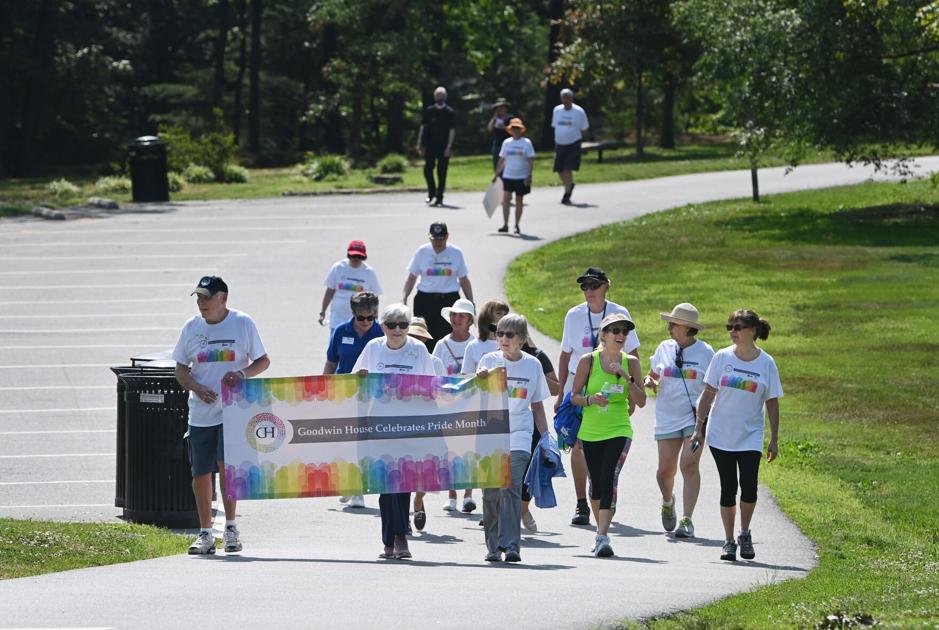
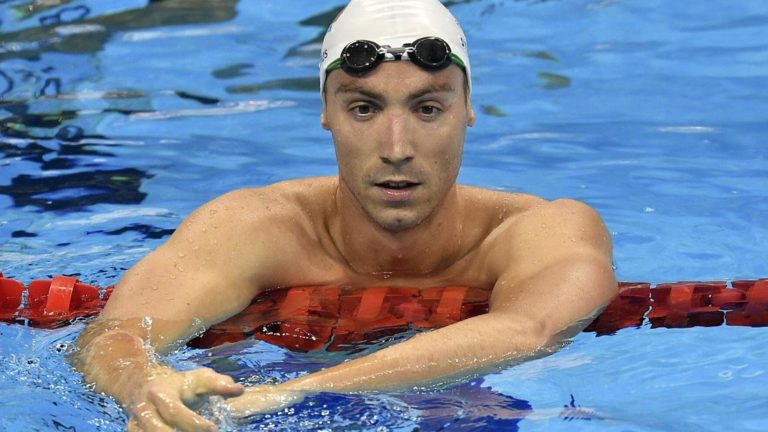

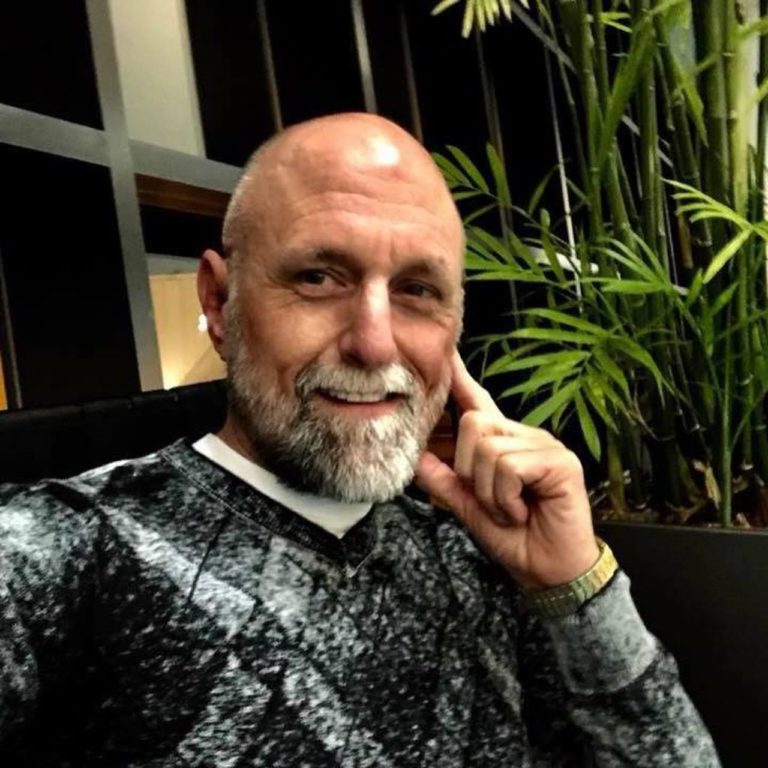

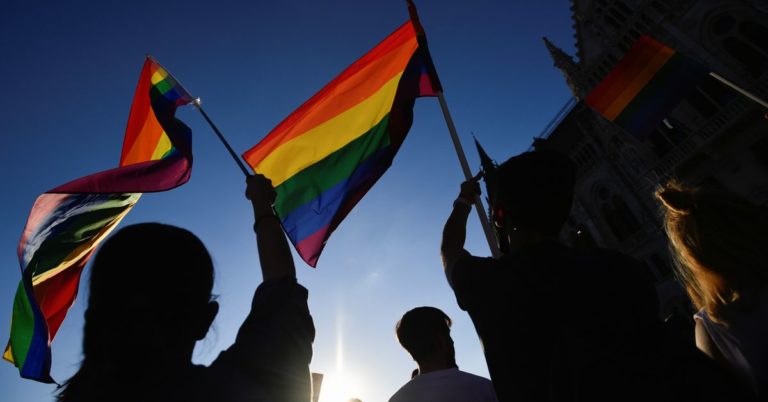
/cloudfront-us-east-2.images.arcpublishing.com/reuters/PPKGGAUDZBMGBJAANUNCRTBAQY.jpg)
